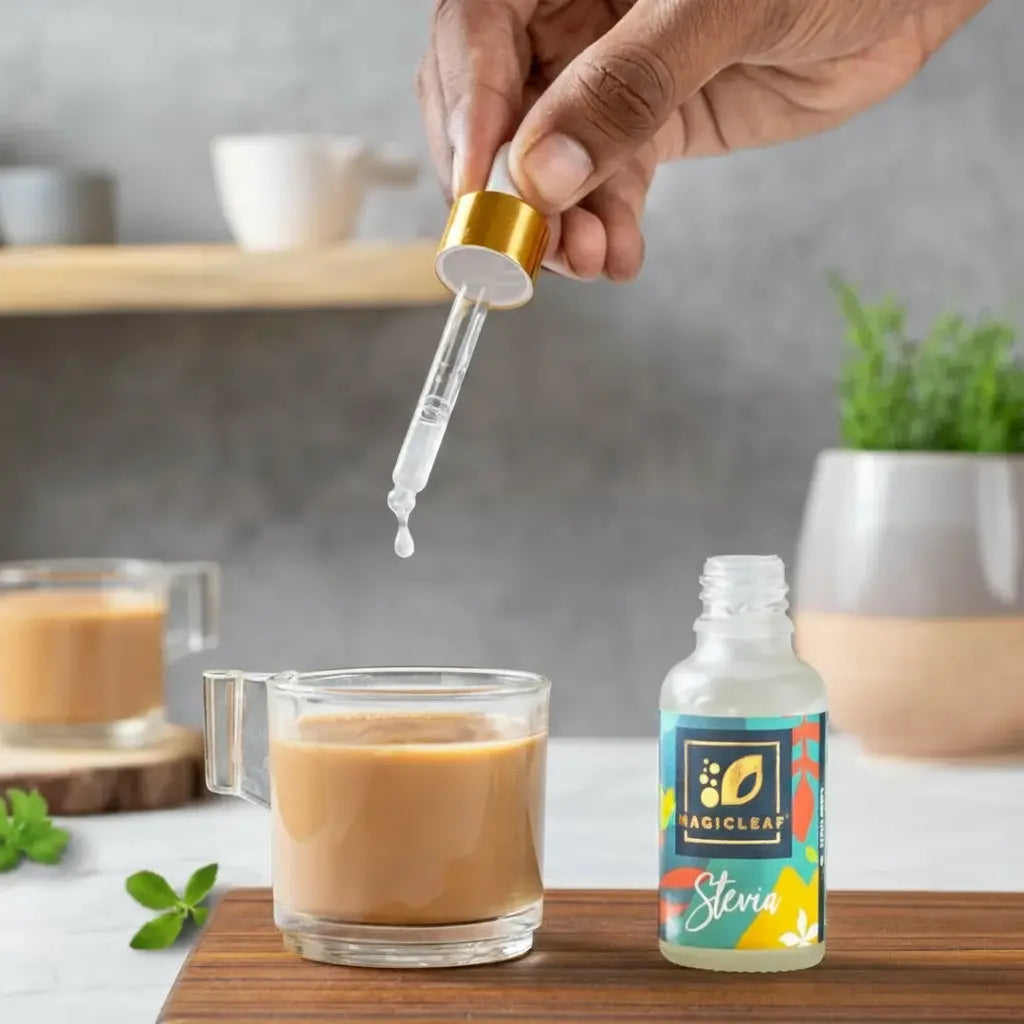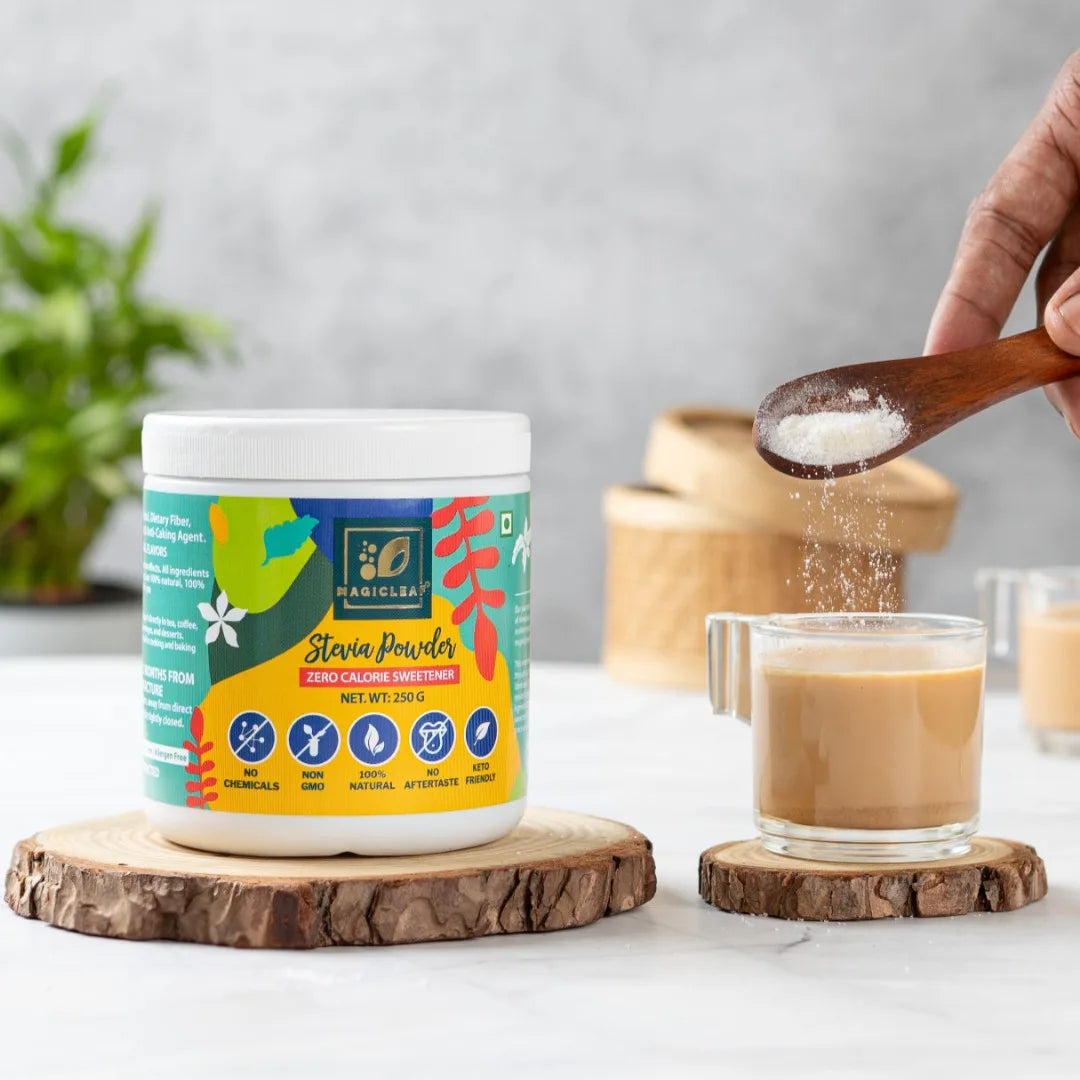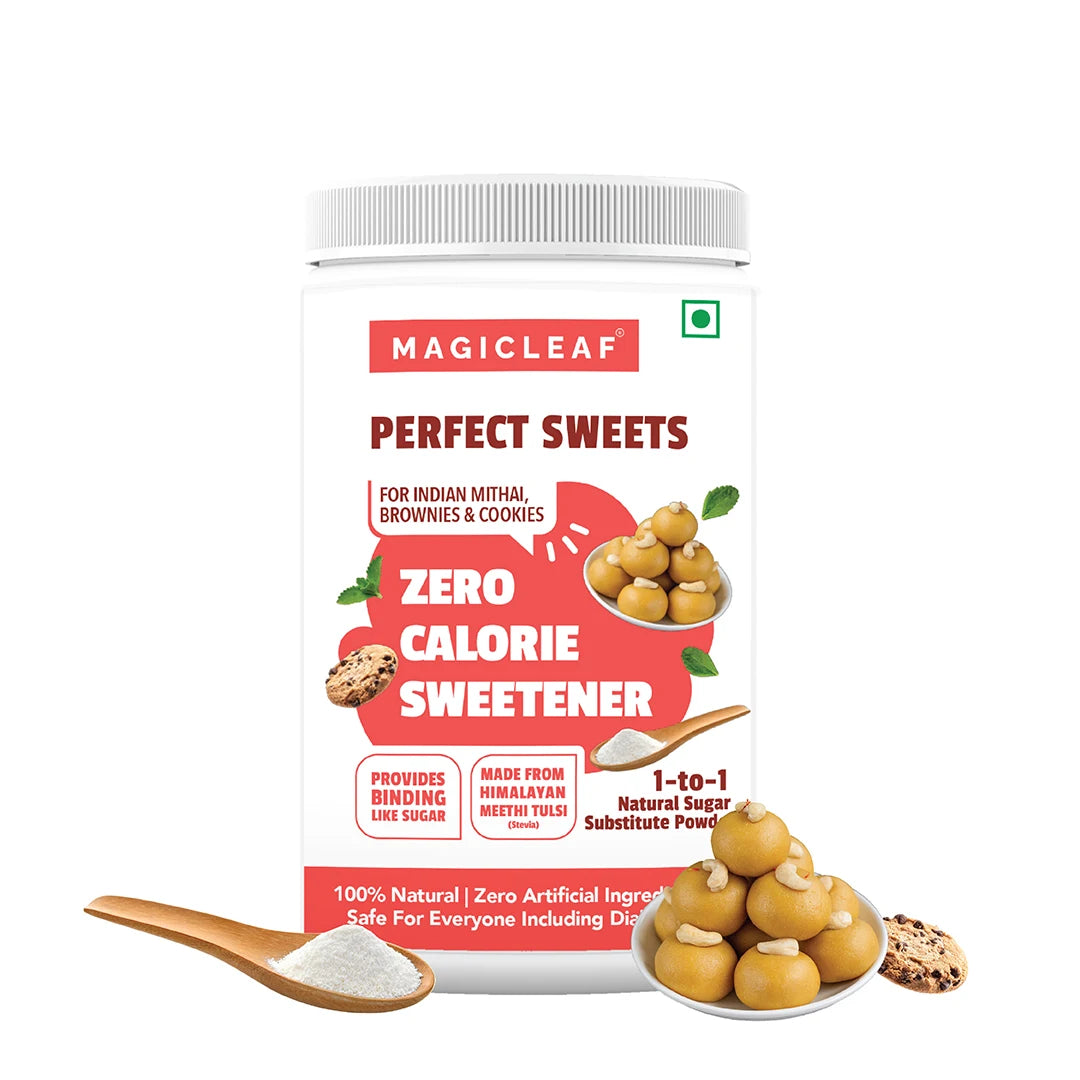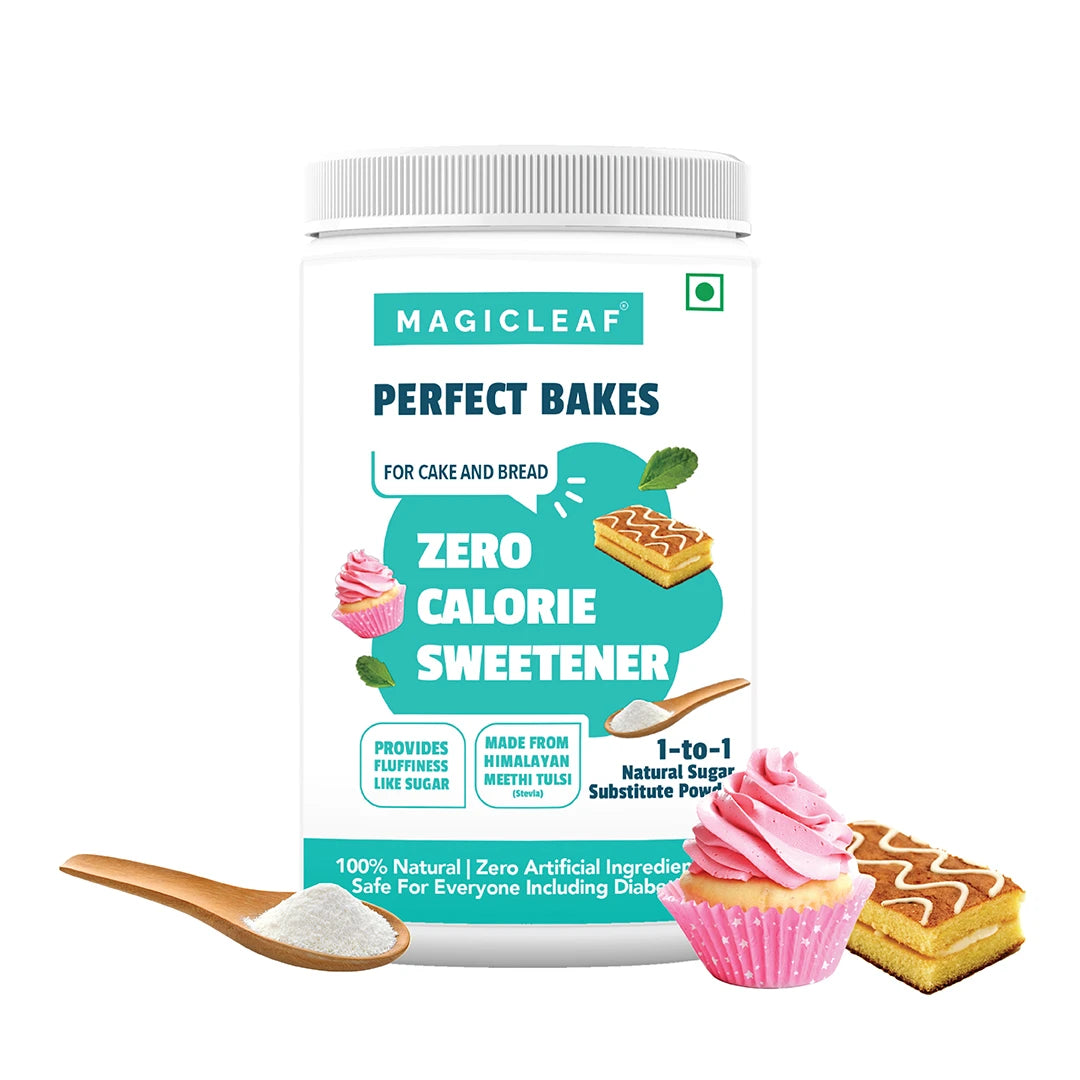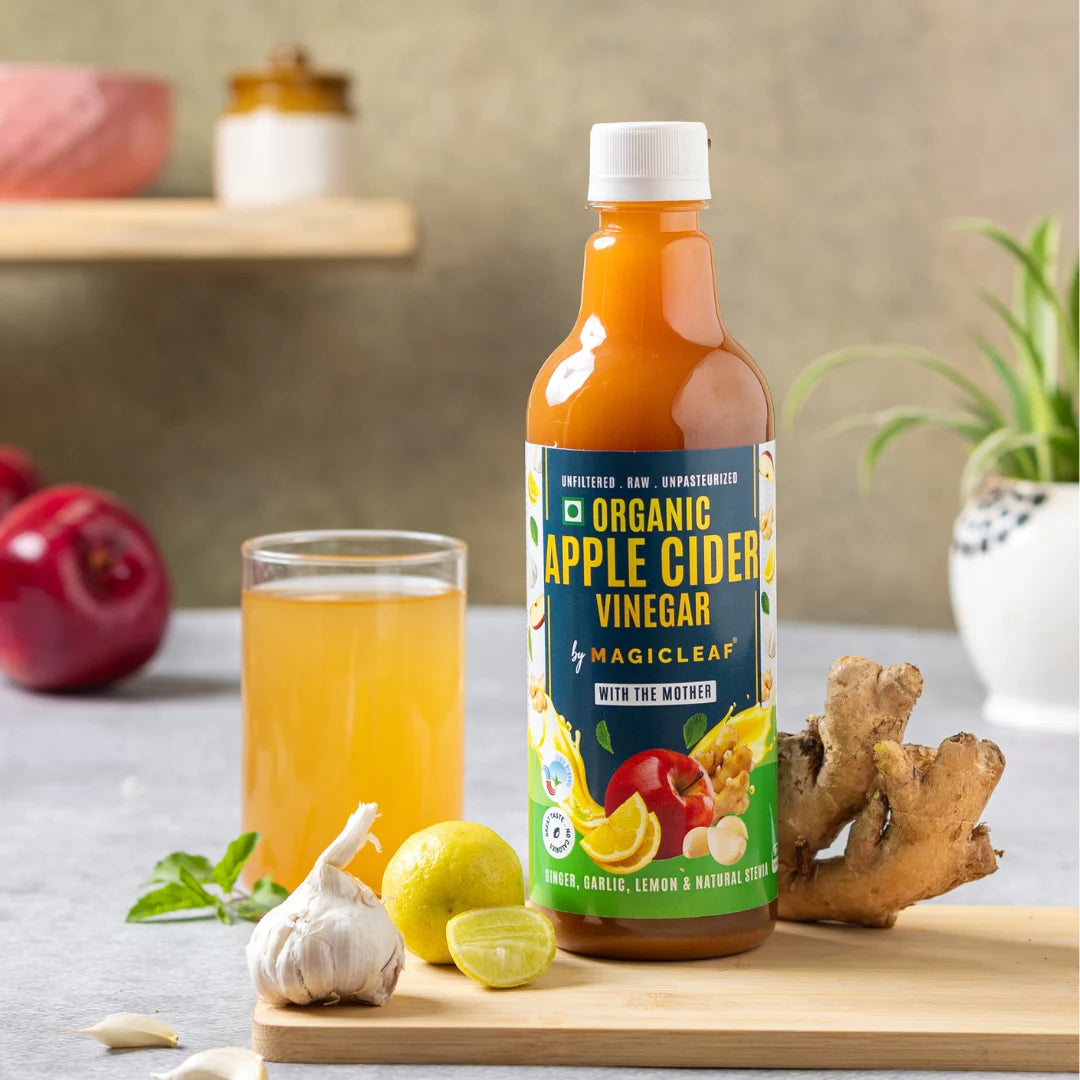Did you know that stevia has been used as a natural sweetener for centuries by the Guarani people of South America? They called it "ka'a he'e", which means 'sweet herb', and used it to sweeten their tea and as a remedy for everything from stomach issues to contraception. That's right, Stevia wasn't just used for its sweet taste, but also for its powerful medicinal properties.
Fast forward to the early 1900s, when a Swiss botanist named Moises Santiago Bertoni discovered the Stevia plant while on a plant-hunting expedition in Paraguay. He saw the Guarani people using the leaves to sweeten their tea and decided to investigate further. He brought samples back to Europe and gave it a name after his buddy, an Italian botanist named Rebaudi. How sweet is that?
In the 1970s, Stevia became popular in Japan as a natural sweetener after the Japanese government restricted the use of artificial sweeteners and did you know that Japanese scientists studied stevia's sweetening properties and found it to be a safe and effective alternative to sugar? So sweet and so safe!
In 2008, the FDA approved stevia extracts as 'Generally Recognised as Safe' (GRAS) for use as a food additive. Again that was a sweet victory!
Stevia's popularity as a natural sweetener continues to grow, and it's now widely available in many countries around the world. From soft drinks to desserts to chewing gum, Stevia is everywhere, and for a good reason. It's a natural, safe, and healthy sweetener that also has potential health benefits, including antioxidant and anti-inflammatory properties.
So, there you have it, a sweet and fun-filled journey through the history of stevia, with some little-known facts thrown in for good measure.
So, what are you waiting for, experience 100% natural products sweetened with stevia. You can find them HERE
DISCLAIMER: The articles and other health-related information provided on our website is intended for general informational purposes only. It is not a substitute for professional medical advice, diagnosis, or treatment. Always seek the advice of your physician/doctor or other qualified health provider with any questions you may have regarding a medical condition. The content on this website, including text, graphics, images, and other material, is not intended to be a substitute for professional healthcare advice, diagnosis, or treatment. The information on this website may be periodically updated and may not reflect the most current health recommendations or research. Always consult with a qualified healthcare professional before starting any new diet, exercise program, or making changes to your healthcare regimen. If you have or suspect you may have a medical condition, promptly contact your healthcare provider. By accessing and using this website, you acknowledge and agree to this disclaimer and our Terms of Service.


